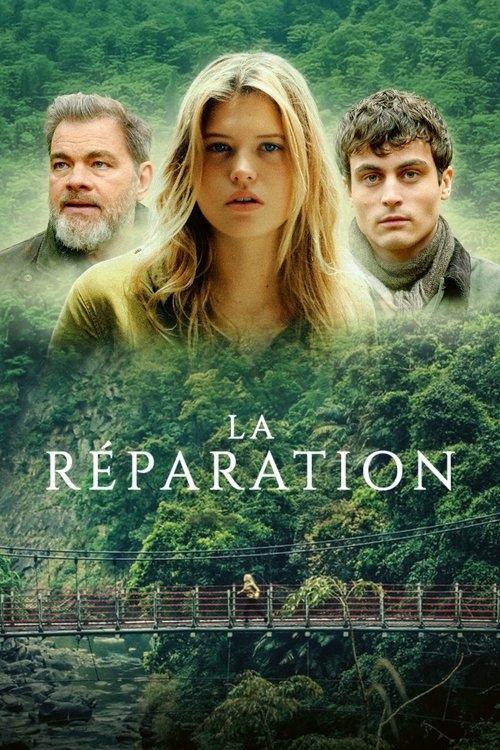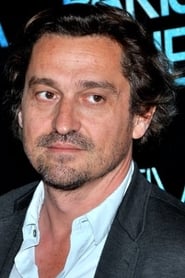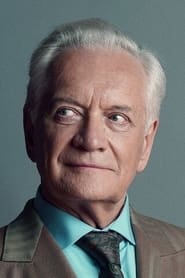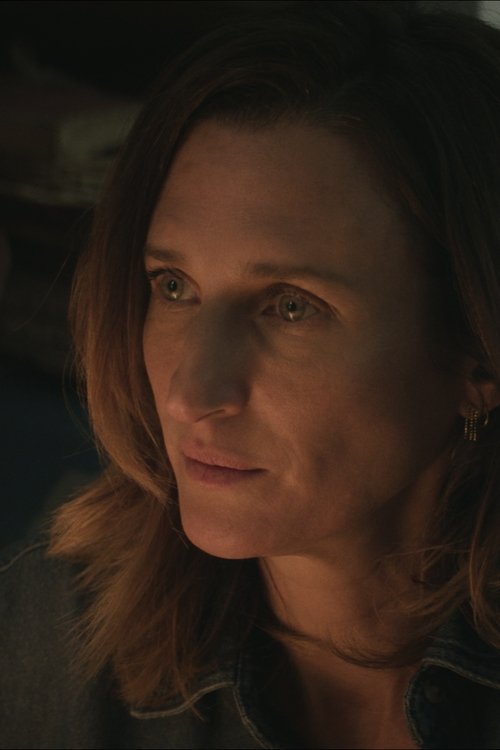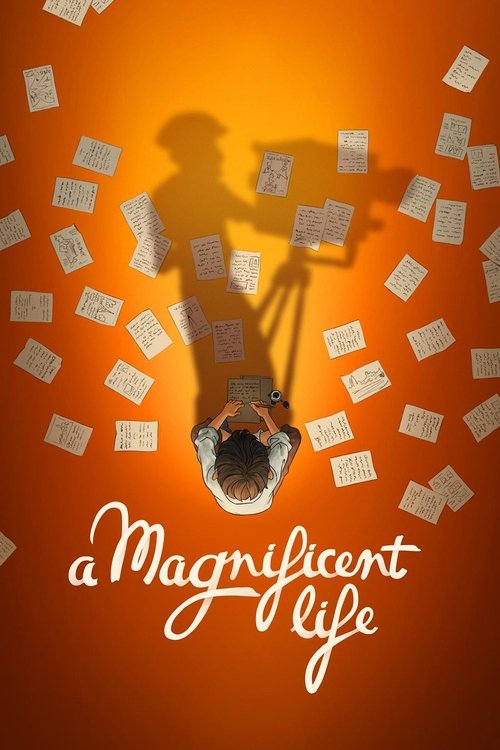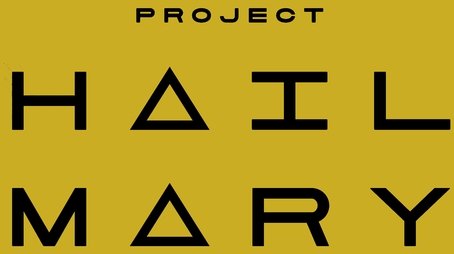
Ask Your Own Question
What is the plot?
La Réparation (2025) opens on a tense and pivotal day for the celebrated French chef Paskal Jankowski, who is on the verge of receiving his coveted third Michelin star. The film immediately immerses viewers in the high-stakes world of haute cuisine, where Paskal commands not only his kitchen but also the ambitions and emotions of those around him. Among them is his talented second-in-command, Antoine, who shares a secret romantic relationship with Paskal's daughter, Clara. The atmosphere is charged with anticipation and underlying tensions as the family and staff prepare for the prestigious award.
Shortly before the Michelin stars are officially announced, Paskal and Antoine embark on a hunting trip in the dense forest near their coastal Brittany estate. During this excursion, a heated conversation unfolds between the two men, centering on Clara and the future of the restaurant. The dialogue escalates, revealing deep-seated conflicts and unspoken resentments. Suddenly, both Paskal and Antoine vanish without a trace, leaving Clara, only 20 years old, to take the reins of the family's renowned restaurant alone. The disappearance shocks the culinary world and triggers a media frenzy, with paparazzi relentlessly pursuing Clara, who must navigate the pressures of leadership and public scrutiny while grappling with her personal loss.
The narrative then leaps forward two years. Clara has struggled to maintain the restaurant's reputation and her own emotional equilibrium in the absence of her father and Antoine. Her life is marked by solitude and unresolved questions about what truly happened during that fateful hunting trip. Unexpectedly, Clara receives a mysterious message from across the globe--an invitation to a prestigious gastronomic congress in Taiwan. This summons ignites a spark of hope and determination within her, compelling her to embark on a journey to the vibrant city of Taipei in search of answers.
Upon arriving in Taiwan, Clara delves into a labyrinth of culinary culture and intrigue. She follows subtle clues embedded in flavors and cooking techniques that hint at her father's and Antoine's possible whereabouts. The film contrasts the storm-lashed cliffs of Brittany with the luminous urban sprawl of Taipei, underscoring Clara's emotional and physical journey. As she navigates this foreign landscape, Clara encounters a range of characters who both aid and obstruct her quest, including local chefs, gastronomic experts, and enigmatic figures connected to her father's past.
Throughout her investigation, Clara uncovers layers of family secrets and professional rivalries. It becomes apparent that Paskal's disappearance was not a simple accident or voluntary retreat but is entwined with darker elements of betrayal and ambition within the culinary world. The film reveals that Paskal and Antoine's relationship was more complex than initially understood, involving conflicting loyalties and hidden motives that culminated in their vanishing.
The climax unfolds in a tense confrontation where Clara confronts those responsible for orchestrating the disappearance. The film details a dramatic sequence in which the truth about Paskal's fate is unveiled: he was killed during the hunting trip in a struggle that involved Antoine, who also met a tragic end. The exact circumstances are revealed through flashbacks and testimonies, showing that a rival chef, driven by envy and a desire to sabotage Paskal's ascent to the third Michelin star, orchestrated the fatal encounter. This antagonist's calculated plan involved manipulating Antoine and exploiting the fragile dynamics within the Jankowski family.
In the final scenes, Clara returns to Brittany, carrying the weight of her discoveries but also a renewed sense of purpose. She decides to honor her father's legacy by continuing to lead the restaurant with integrity and passion, integrating the lessons learned from her journey. The film closes on a poignant note as Clara prepares a meal that symbolizes both repair and renewal, suggesting that while the past cannot be undone, it can be transformed through resilience and love.
La Réparation weaves a rich tapestry of drama, mystery, and emotional depth, exploring themes of family loyalty, ambition, and the quest for truth. The story's progression from the intimate confines of a French kitchen to the bustling streets of Taipei provides a compelling backdrop for Clara's transformation from a grieving daughter to a determined woman reclaiming her heritage. The film's detailed portrayal of culinary artistry and the high-pressure world of Michelin-starred restaurants adds texture and authenticity to the narrative, while the intricate plot twists and revelations maintain suspense until the very end.
What is the ending?
At the end of La Réparation (2025), Clara, the daughter of the missing renowned chef Paskal Jankovski, travels to Taiwan following a mysterious invitation to a gastronomic congress. There, she uncovers the truth about her father and his second chef Antoine's disappearance, confronting the unresolved mysteries and emotional wounds left behind. The film closes with Clara coming to terms with her past and the legacy of her family, while the fates of Paskal and Antoine are revealed through the course of the final scenes.
The ending unfolds in a detailed, scene-by-scene narrative:
-
Arrival in Taiwan: Clara arrives in the bustling city of Taipei, a stark contrast to the stormy cliffs of Brittany where her father disappeared. The city's luminous sprawl and vibrant culinary scene set the stage for the climax. Clara is visibly tense but determined, carrying the weight of two years of uncertainty and media pressure.
-
Gastronomic Congress: At the prestigious gastronomic congress, Clara navigates a world of chefs and food critics. She is both an outsider and a figure of interest due to her father's legacy. The invitation she received is a key to unlocking the mystery, and she uses this opportunity to seek information about her father and Antoine.
-
Encounters and Revelations: Clara meets several figures connected to her father's past and the culinary world in Taiwan. Through conversations and subtle clues, she pieces together that Paskal and Antoine's disappearance was not accidental. The film reveals that the two men had a complex relationship, marked by professional rivalry and personal tensions, especially concerning Clara.
-
Flashbacks and Emotional Confrontations: Interspersed with Clara's investigation are flashbacks to the hunting trip where Paskal and Antoine disappeared. These scenes show a heated argument between the two men about Clara and their futures. The tension escalates, hinting at a tragic outcome.
-
Discovery of Fate: Clara uncovers evidence that Paskal and Antoine met a fatal end during the hunting trip, possibly due to an accident or a confrontation gone wrong. The film does not depict a clear cause but leaves the circumstances ambiguous, emphasizing the emotional impact over the factual details.
-
Clara's Resolution: In the final scenes, Clara visits a quiet place in Taiwan, reflecting on her father's passion for cooking and the sacrifices made. She accepts her role as the restaurant's head and the bearer of her family's culinary legacy. The film closes on her determined yet somber expression, symbolizing both loss and hope.
Fates of Main Characters:
-
Paskal Jankovski: Confirmed deceased, his disappearance was linked to a fatal incident during the hunting trip. His complex relationship with his daughter and Antoine is central to the story's emotional core.
-
Antoine (Second Chef): Also deceased, his fate is intertwined with Paskal's, and their final confrontation is a pivotal moment revealed through flashbacks.
-
Clara: Survives and emerges as the new leader of the restaurant, carrying forward her father's legacy while confronting the personal and professional challenges left behind.
This detailed ending highlights themes of legacy, loss, and reconciliation, with Clara's journey serving as a bridge between past mysteries and future possibilities. The film's conclusion is both a resolution of the central mystery and an emotional reckoning for the characters involved.
Is there a post-credit scene?
The movie La Réparation (2025) does not have any publicly confirmed post-credits scene. Available information about the film, including soundtrack details and credits listings, does not mention or describe any post-credits or mid-credits scenes. Additionally, no sources from recent news or fan discussions indicate the presence of such a scene.
The soundtrack includes a track titled "La Réparation (End Credits)" which is simply the music played during the credits, not an additional scene. The full cast and crew listings also do not reference any extra scenes after the main story.
Therefore, based on current available data, La Réparation (2025) does not feature a post-credits scene.
What circumstances led to the disappearance of the renowned chef Paskal Jankovski and his second chef during the hunting trip?
The disappearance occurred a few hours before Paskal Jankovski was to be awarded his third Michelin star. During a hunting trip, a discussion between Paskal and his second chef Antoine about Clara escalated, leading to both men vanishing without a trace. The exact details of what happened during the hunting trip remain mysterious and are central to the unfolding drama.
How does Clara manage the restaurant after her father and Antoine disappear, and what challenges does she face?
At just 20 years old, Clara finds herself alone at the helm of the restaurant following the disappearance of her father and Antoine. She faces intense pressure from the media, including harassment by paparazzi, as she tries to maintain the restaurant's reputation and legacy. Clara also struggles with the emotional burden of her father's absence and the mystery surrounding it.
What is the nature of the relationship between Clara and Antoine, the second chef?
Antoine, the second chef, is not only a key figure in the kitchen but also Clara's lover. Clara plans to run off with him, indicating a close and intimate relationship. This relationship adds emotional complexity to the story, especially given Antoine's disappearance alongside her father.
What role does the invitation to the gastronomic congress in Taiwan play in the story?
Two years after the disappearance, Clara receives a mysterious invitation to a renowned gastronomic congress in Taiwan. This invitation becomes a pivotal plot element, as it leads Clara to travel to Taiwan in search of clues about her father and Antoine's fate, following traces of their cooking style and flavors. It also introduces a transnational dimension to the narrative.
How do the themes of legacy, loss, and love manifest through the characters and plot developments?
Legacy is embodied in Clara's struggle to uphold her father's culinary dream and the restaurant's prestige. Loss is deeply felt through the unexplained disappearance of Paskal and Antoine, which leaves Clara emotionally and professionally adrift. Love is portrayed through Clara's relationship with Antoine and her emotional journey to uncover the truth, creating an emotional pressure cooker that drives the narrative forward.
Is this family friendly?
The movie La Réparation (2025) is a drama centered on family relationships, resilience, and the world of haute cuisine. It is not specifically rated for children, and there is no official family-friendly rating or explicit content warning available from the sources. The film deals with mature themes such as personal identity, family pressure, and professional challenges in a demanding culinary environment.
Potentially objectionable or upsetting aspects for children or sensitive viewers may include:
- Emotional intensity related to family drama and personal struggles.
- Stressful situations involving harassment by paparazzi.
- Themes of disappearance and absence within a family context.
- The high-pressure environment of a professional kitchen, which may include tense interactions.
- Possible mature language or adult situations typical of dramatic films (though no explicit content is specifically noted).
No explicit violence, sexual content, or graphic scenes are mentioned in the available information, but the film's introspective and serious tone suggests it is better suited for mature audiences rather than young children or highly sensitive viewers.
In summary, La Réparation is not primarily a family-friendly film and may contain emotionally heavy or intense scenes that could be upsetting for children or sensitive individuals, though it does not appear to include graphic or explicit content.

